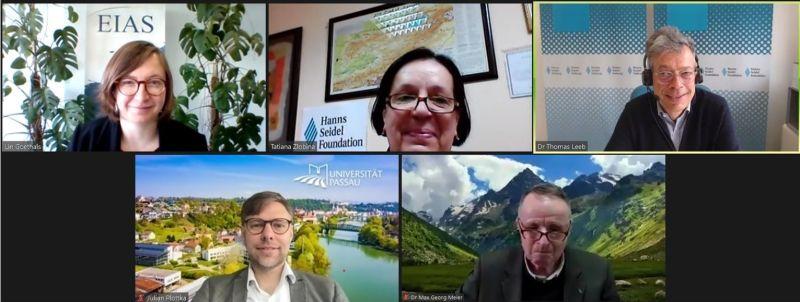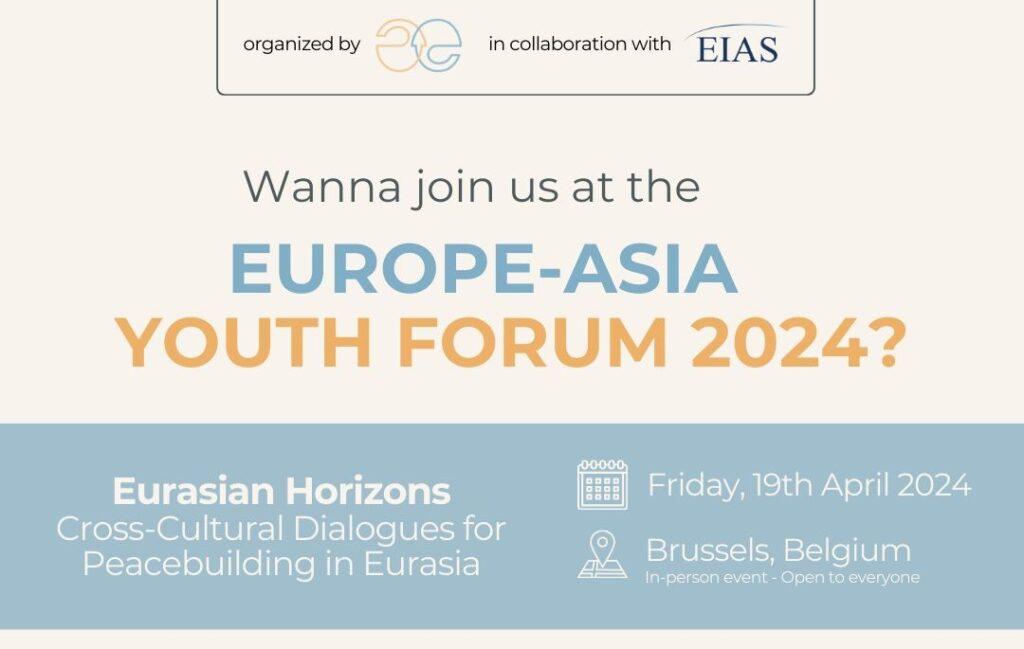
April 2024 Newsletter
Check out our April 2024 Newsletter with updates on our activities, reports of past ones and an overview of our latest publications.

Check out our April 2024 Newsletter with updates on our activities, reports of past ones and an overview of our latest publications.

On 19 April 2024, India began its seven-phase Lok Sabha (lower house) election. Spanning over 44 days, surpassing the 2019 Indian general election, this term stands as the largest-ever held election in history. Given the 2024 elections in both the EU and India, the future of EU-India relations must address the security challenges of the subcontinent by maintaining clear priorities, including enhancing regional cooperation in South Asia, improving EU-India economic collaboration, and aligning development and job growth objectives with the EU and India’s climate goals.

The Russian invasion of Ukraine has radically shifted global energy geopolitics, forcing Europe to abandon cheap oil and gas coming from that direction and leaving Russia without one of its most important sources of revenue. Seeking new markets as a result, the Russian state has pivoted to selling its oil and gas to China, fulfilling a longstanding request from the energy-hungry Middle Kingdom, and promising both opportunity and risk to Mongolia.

On 10 April 2024, the Republic of Korea held its 22nd general election. The Democratic Party (DP), the largest opposition party, secured 175 seats out of the National Assembly’s total of 300, marking a significant advancement since 2020 with an increase of 19 seats. This victory allowed them to maintain control of the parliament. Meanwhile, President Yoon Suk-Yeol’s ruling People Power Party (PPP) secured 108 seats, a slight decrease from its previous count of 114. Nevertheless, these losses were not as extensive as pre-election polls had suggested.

Japan is looking abroad, also to the EU. But can Europe deliver? If Japan chooses to seize the opportunity, Europe can be a fertile ground for Japan’s home-grown strategies. The EU has long looked to expand its reach to the East, thereby even breaking with its multilateral ideals when trading with new partners. The extended reach of EU-Japan cooperation signals the willingness of both parties to create a stronger bond, and an opportunity for Japan to get closer to gain stronger security guarantees, closer relationships with external partners and more expansive trade.

On Wednesday, 24 April 2024 EIAS Director Lin Goethals moderated the Online Event on “Migration in Central Asia and its implication for Europe”, organised by the Hanns Seidel Foundation. In view of the growing importance of the relationship between the EU and Central Asia, the Year Book on Migration in Central Asia 2022-2023 was presented by Tatiana Zlobina, Coordinator of the projects on human rights and migration at the TianShan Policy Center of the American University of Central Asia (TSPC AUCA) in Bishkek. Julian Plottka, Researcher at the Universities of Bonn and Passau, spoke about cooperation between the EU and Central Asia. The event was opened by Dr Thomas LEEB, Director of the Hanns Seidel Foundation in Brussels and closed by Dr Max Georg MEIER, Head of Projects in Central Asia, Hanns Seidel Foundation.

